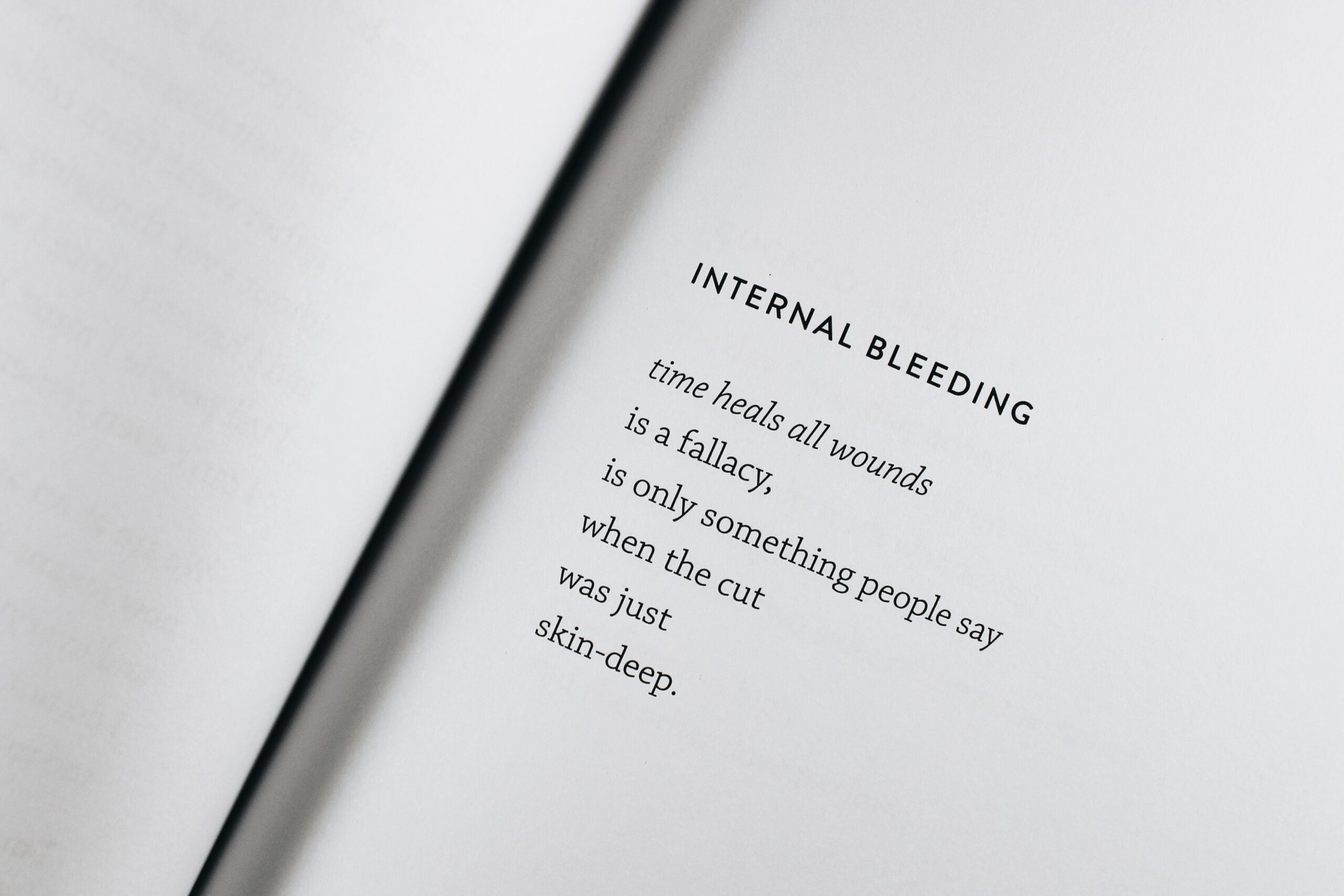Can anemia cause delayed wound healing?
Title: Anemia and Delayed Wound Healing: Understanding the Connection
Introduction:Wound healing is a complex process that involves various stages, including inflammation, tissue formation, and remodeling. While it typically occurs naturally and efficiently, some factors can impede this process. One such factor is anemia, a condition characterized by a deficiency of red blood cells or hemoglobin in the body. In this blog, we will explore the potential link between anemia and delayed wound healing.
Understanding Anemia:Anemia is a condition that affects millions of people worldwide. It can be caused by various factors, including nutritional deficiencies, chronic diseases, and blood loss. When a person has anemia, their body lacks an adequate supply of oxygen due to the reduced capacity of red blood cells to carry it. This deficiency can negatively impact several bodily functions, including wound healing.
The Role of Red Blood Cells in Wound Healing:Red blood cells, which contain hemoglobin, play a crucial role in the wound healing process. Hemoglobin carries oxygen to the tissues, aiding in cellular metabolism and promoting healing. Oxygen is vital for the formation of collagen, a key component of the extracellular matrix that helps rebuild damaged tissue. Therefore, a deficiency in red blood cells can hinder the delivery of oxygen to the wound site, leading to delayed healing.
Impaired Immune Response:Anemia can also weaken the body’s immune response, further hindering wound healing. White blood cells are an integral part of the immune system and play a vital role in defending against infection and promoting the healing process. When the body lacks an adequate supply of red blood cells, the immune response may be compromised, increasing the risk of infections at the wound site.
Nutritional Deficiencies and Anemia:Nutritional deficiencies, such as iron, vitamin B12, and folate deficiencies, are common causes of anemia. These nutrients are essential for red blood cell production and function. Inadequate intake or impaired absorption of these nutrients can lead to anemia, exacerbating the risk of delayed wound healing.
Treating Anemia and Promoting Wound Healing:If you suspect that anemia is affecting your wound healing, it is crucial to consult with a healthcare professional. They can evaluate your condition, conduct blood tests, and determine the underlying cause of anemia. Treatment options may include dietary changes, iron supplements, vitamin B12 injections, or other interventions, depending on the specific deficiency.
In addition to managing anemia, there are various steps you can take to promote wound healing:
1. Maintain a balanced diet rich in essential nutrients, including iron, vitamin B12, and folate.2. Keep the wound clean and protected from infection by following proper wound care techniques.3. Minimize stress on the wound area and avoid activities that could disrupt the healing process.4. Quit smoking, as smoking impairs the body’s ability to heal wounds.5. Follow your healthcare provider’s instructions regarding any prescribed medications or treatments.
Conclusion:While anemia can contribute to delayed wound healing, timely intervention and proper management can help mitigate these effects. By addressing the underlying causes of anemia and ensuring optimal nutrition, individuals can give their bodies the best chance of healing wounds efficiently. Consulting with a healthcare professional is essential to receive appropriate treatment and guidance tailored to your specific needs. Remember, your health is your priority, and with the right approach, you can support your body’s natural healing abilities.



